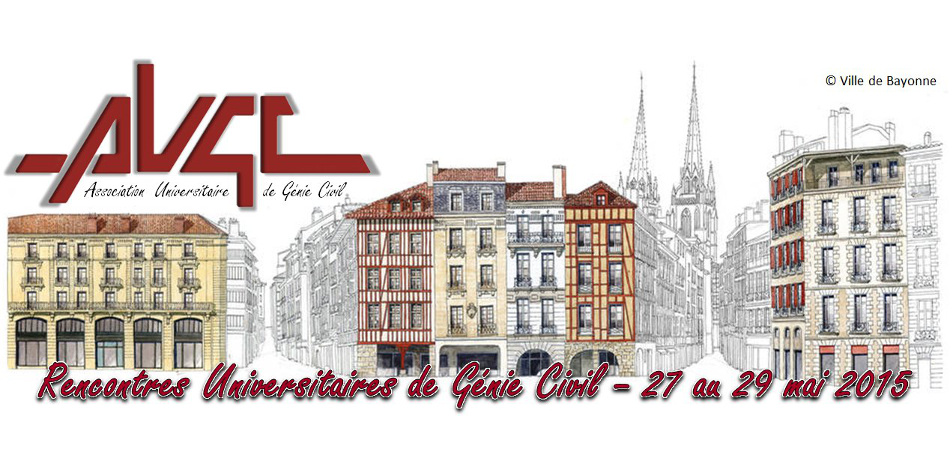RÉSUMÉ. Ce travail vise à améliorer la stabilité thermique des bétons en utilisant les fibres de polypropylène (FPP) et/ou métalliques (FS). Dans un premier temps, différentes compositions de béton ont été soumises à un chauffage rapide de type incendie ISO. Une forte instabilité thermique est remarquée avec les bétons contenant 60 kg/m3 de FS. L'ajout de 0,75 kg/m3 de FPP a permis d'éviter l'écaillage de ces bétons. Dans un second temps, une étude de caractérisation à chauffage lent est réalisée sur les formulations de béton de référence (Créf), de béton de fibres métalliques (CS 60) et de béton de cocktail de fibres de polypropylène et métalliques (CPPS 0.75-60), afin de comprendre l'apport de fibres sur la stabilité thermique et les performances mécaniques résiduelles. L'apport des fibres métalliques à fort dosage reste ambigu, bien qu'elles améliorent les caractéristiques mécaniques résiduelles jusqu'à 750°C, elles ont tendance à limiter l'ouverture des fissures pendant le chauffage, favorisant ainsi l'écaillage sous feu ISO 834.
ABSTRACT: This work aims to improve the thermal stability of concrete using the polypropylene fibers (FPP) and / or steel fibers (FS). Firstly, different concrete compositions were subjected to rapid heating of ISO fire curve. A strong thermal instability is noticed on concrete containing 60 kg/m3 of FS. The addition of 0.75 kg/m3 FPP could prevent spalling of the concrete. Secondly, a slow heating characterization study is performed on the control concrete formulation (Cref), concrete with steel fibers (CS 60) and a cocktail of polypropylene and steel fibers (CPPS 0.75-60 ) in order to understand the contribution of fibers on the spalling sensibility and residual mechanical performances. The contribution of steel fibers in high amounts remains unclear, although they improve the residual mechanical properties up to 750 ° C, they also tend to limit the opening of cracks during the heating, which can be the reason of spalling under ISO 834.



